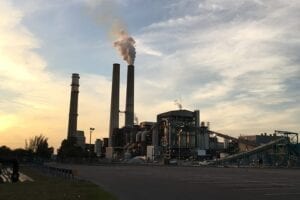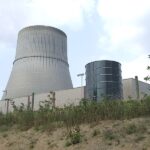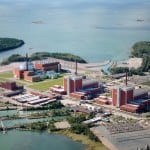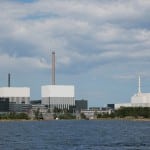Switzerland on Dec. 20 shut down one of the world’s oldest nuclear power plants, as part of its plan to shutter all its reactors by 2050.
Muehleberg Nuclear Power Plant, the smallest of the country’s four remaining plants, began operating in 1972. The 355-MW facility operated by Bernische Kraftwerke AG (BKW) and majority-owned by the canton, or state, of Bern, the nation’s capital, featured boiling water reactor technology.
Switzerland’s three remaining nuclear plants include Beznau, with two 365-MW pressurized water reactors; Gösgen, with a 970-MW pressurized water reactor; and Leibstadt, with a 1,165-MW boiling water reactor. Unit 1 at Beznau came online in 1969 and is the world’s oldest operating reactor, though it is scheduled to be closed by year-end 2029. The reactor was restarted in 2018 after being offline for three years when anomalies were found in its steam generator.
The Gösgen and Leibstadt plants are expected to close by 2040 and 2045, respectively.
BKW said it will begin dismantling the Muehleberg plant next month, and said it expects that part of the decommissioning process will last until 2034. BKW has estimated the cost of decommissioning the plant, including the disposal of nuclear waste, at about $3.1 billion.
Swiss lawmakers decided to phase out nuclear power in the country after the 2011 Fukushima disaster in Japan. The country plans to significantly increase its use of renewable energy resources such as wind and solar to replace the lost nuclear generation. Switzerland produces about 60% of its electricity from domestic hydropower resources. The country also buys power from neighboring countries, including nuclear generation from France and Germany, though Germany plans to close all its reactors by 2022.
—Darrell Proctor is a POWER associate editor (@DarrellProctor1, @POWERmagazine).










